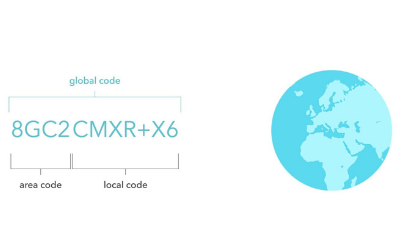Faizel Patel, Radio Islam News – 28-02-2018
Thanks to a fast-growing second-hand market, smartphones are increasingly being re-used but large-scale handset recycling is not happening as the industry struggles to go green.
Thrown in the trash or left abandoned in a drawer, the fate of mobile phones – which consumers replace on average every two years – is starting to change amid growing criticism over their environmental impact.
“People love technology – the upgrades, the unboxing, the new features,” the EEB network of environmental groups in Europe said in a statement, as the world’s largest mobile phone fair opened this week in Barcelona.
“But there’s a dirty side to our tech obsession: trainloads of e-waste trundling out of our cities and towards hellish waste dumps in Africa and Asia.”
Growth in reused mobiles
According to a recent UN report, small devices like smartphones represented nine percent of all e-waste in the world in 2016, up from seven percent in 2014.
But things in the mobile sector are slowly starting to change.
“There is very strong growth in the reused phone market,” said Bertrand Grau, a technology analyst at Deloitte, which forecasts sales of second-hand mobile phones will expand by 20 percent a year between 2015 and 2020.
The surge in sales of second-hand phones – which may just need a change of battery or screen – is being fuelled in part by consumers, who are reluctant to dish out more money for new models that offer little innovation.
“Phones are becoming more and more expensive, more than 1,000 euros for the iPhone X, but the established brands are attractive so people prefer to buy a refurbished Apple phone rather than a cheaper Chinese brand,” said Grau.
As such, mobile brands and operators are increasingly offering phone exchange programmes. Consumers can turn in their old model to get a discount on a new one or cash.
Phone design
A smartphone is made up of about 50 different materials, including rare materials that are sometimes extracted from nations in conflict, like the Democratic Republic of Congo.
Manufacturing smartphones also requires a huge amount of energy, often fossil fuels since 60 percent of them are made in China where coal remains the main source of energy.
And only about 20 percent of all e-waste – defined as anything with a plug or a battery – is going in the official collection and recycling schemes, according to a UN report.
“One thing that makes it difficult is the way the phones are designed. They’re incredibly fragile, for instance, the glass they use for the display. Often, the phones are designed to be difficult to be repaired,” said Jardim.
Faced with these problems, efforts by major brands remain slim.
Technology giant Apple said last year it wants to “one day” end the need to mine materials from the earth to make its gadgets. It has melted down iPhone aluminium enclosures to make minicomputers used in its factories.
And under pressure from Greenpeace, Samsung agreed to recycle the Galaxy Note 7 smartphones it was forced to recall in 2016 because of problems with its battery.
– AFP


![[LISTEN] New Rules to have an Impact on e-Bike Owners](https://archives.radioislam.org.za/wp-content/uploads/2020/06/eBike.jpg)

![[LISTEN] Kasi Mobile Wants to Connect SA with First Township-Based Mobile Network Provider](https://archives.radioislam.org.za/wp-content/uploads/2020/06/Kasi-Mobile.jpg)


0 Comments